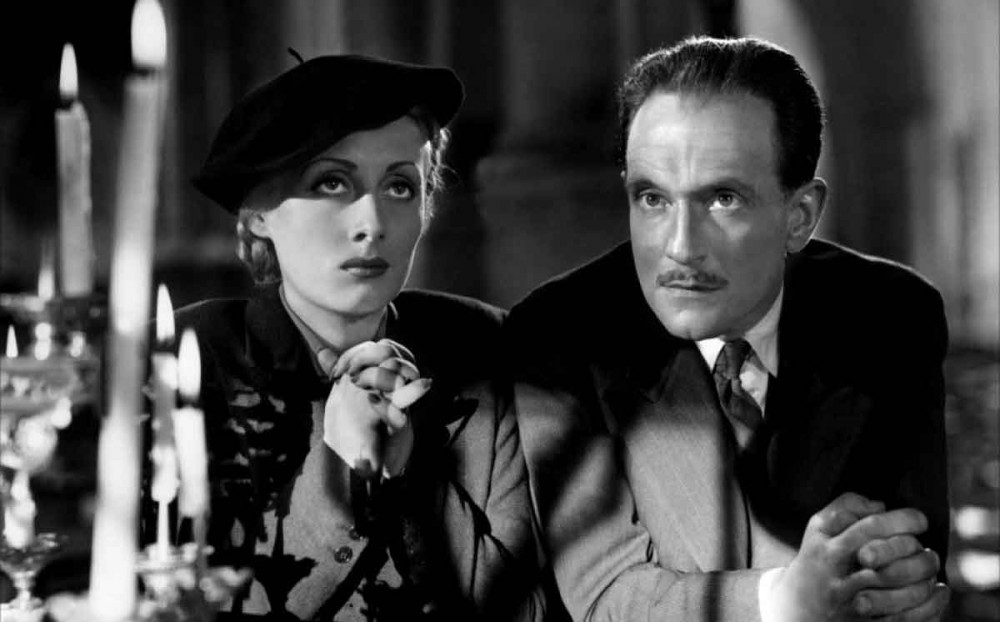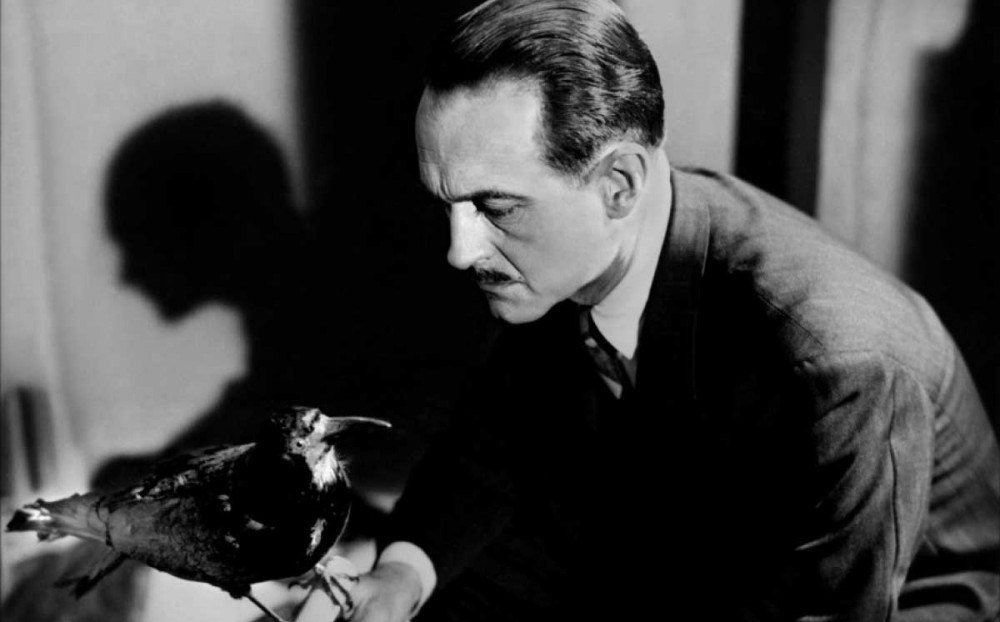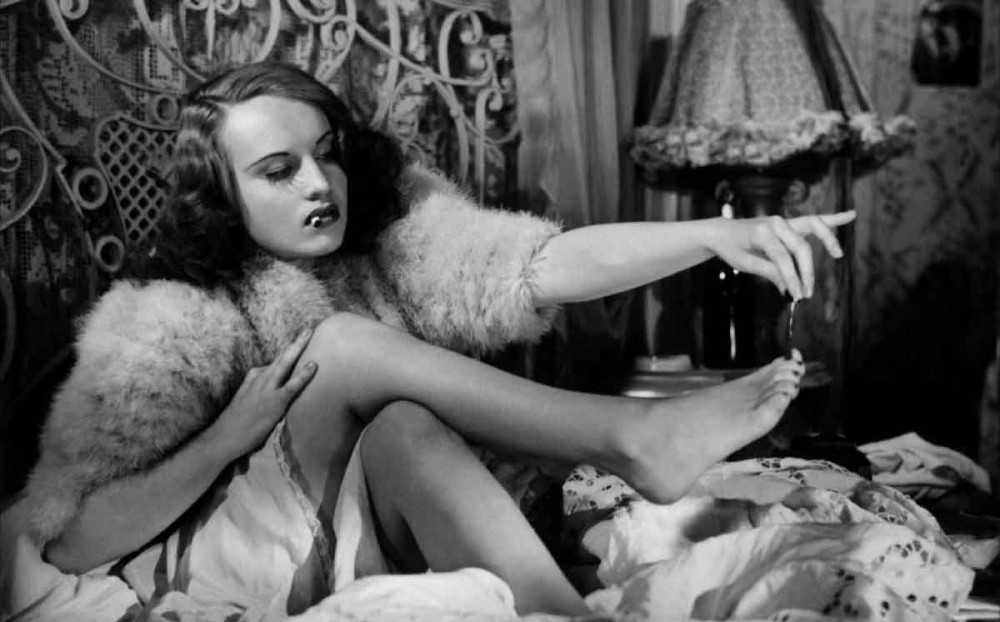Clouzot’s LE CORBEAU
2:00 3:50 5:40 7:30 9:30
Final Day – May 1
Directed by Henri-Georges Clouzot
New 4K restoration
(1943) Fish-out-of-watered in a provincial town, coolly suave Parisian doctor Pierre Fresnay (Grand Illusion, Marius in Pagnol’s Marseilles trilogy) finds himself the target of poison pen letters from “Le Corbeau” (the “Raven” or “Crow”) — but then, slowly but surely, so does everyone else, even as an unknowingly terminal patient gets the bad news, the postmaster confiscates one addressed to his own wife, and letters literally float out of the air in public places. Hysteria and finger-pointing rule, with a suspect’s panicky flight through deserted cobble-stoned streets to the tune of an off-screen lynch mob an unnerving highlight. Made by a German production company during the — never mentioned — Occupation, though from a pre-war original script, Corbeau got Clouzot banned from the French film industry for two years post-Liberation. 4K DCP restoration. Approx. 91 min.
Restored in 4K by Studiocanal, with the support of the CNC.
Presented with support from The George Fasel Memorial Fund for Classic French Cinema.
A RIALTO PICTURES RELEASE.
See also: Clouzot’s QUAI DES ORFÈVRES at Film Forum, April 13 - 19.
Reviews
“A HELLBREW THAT HAS NOT LOST A FRACTION OF ITS FLAVOR. Allows itself a strain of acid humor that Sturges or Capra—and Billy Wilder, for sure—would sneakily relish.”
– Anthony Lane, The New Yorker
“PROPULSIVE AND UNSETTLING. Clouzot’s thundering technique and the impassioned performances of his cast lift Le Corbeau’s gossip to something scarifying.”
– Alan Scherstuhl, The Village Voice
“GRIPPINGLY ACERBIC. In Clouzot’s vision, innocence is ephemeral and guilt is eternal… Captures the reality of the Vichy regime and the paranoid culture of self-serving informing that it encouraged. It's a subversive work and masterful suspense thriller that's the equal of anything Hitchcock ever put his name to.”
– Jamie Russel, BBC
“It is to the Occupation what Renoir’s Rules of the Game is to the years before the Second World War, a devastating allegory about the state of the nation as weak people betray friends and neighbors.”
– Phillip French, The Guardian
“As brilliantly nasty as [Clouzot’s later] Wages of Fear and Diabolique or indeed anything this misanthropic filmmaker ever did. (It’s also as surprising as his backstage policier Quai des Orfèvres)... takes clinical pleasure in detailing a small town’s moral disintegration and morbid sexuality... Hypocrisy runs rampant — and extended into the movie’s reception. Clouzot is not just a master of suspense but is also most adroit at implicating his audience. This unflattering social portrait, in which all authority is held up to ridicule, was attacked, and briefly banned, as collaborationist after the liberation. Seen today, seems less an apology for, than an exposé of, occupied France.”
– J. Hoberman, The Village Voice



